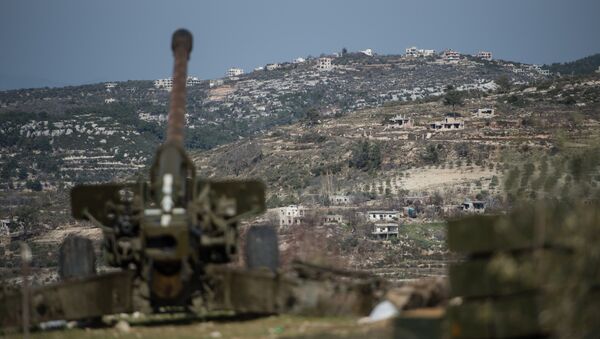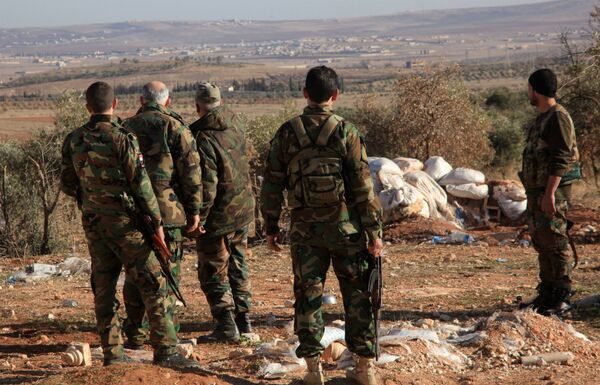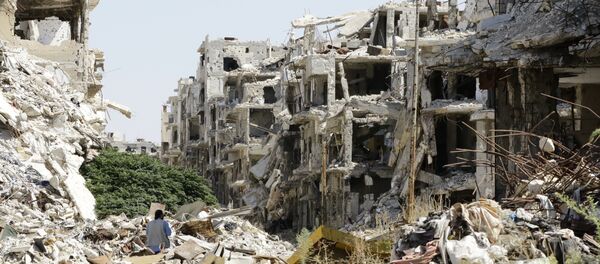"All three areas are at the same time extremely appealing and highly risky," he wrote for the Russian newspaper Vzglyad.
Deir ez-Zor
The Deir ez-Zor offensive, according to Krutikov, "should have been launched" six months ago, but the SAA opted to free the embattled city of Aleppo. By freeing the province of Deir ez-Zor and lifting the blockade on the city of the same name, the Syrian military will be able to cut Daesh supply routes in eastern Syria, "bringing them on the brink of survival," he explained.
"At the same time, the SAA will no longer have to put its efforts into the challenging task of maintaining a supply route to its remote and besieged garrison, while Russian aircraft will no longer have to fly maximum range hauling missions at high altitudes," he said.
The journalist added that the Deir ez-Zor offensive will also help to mitigate the threat to Palmyra, the world-famous ancient ruins that the SAA freed in late March 2016. In addition, a desert spanning to the borders with Iraq and Jordan as well as fertile lands along the Euphrates will also return under the government control.
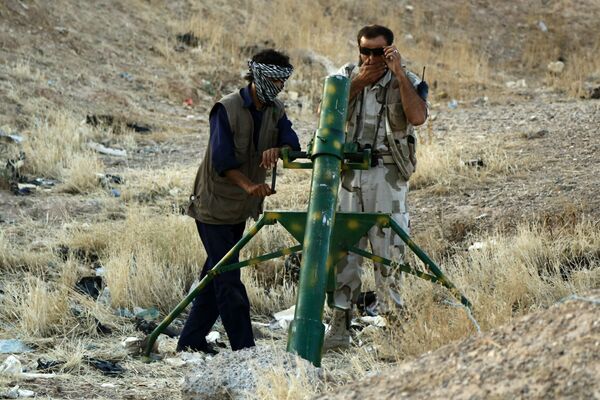
Raqqa
Krutikov pointed out that the Syrian Arab Army had already tried to mount an offensive on Raqqa, often referred to as the capital of Daesh's caliphate, but that operation was badly organized and poorly executed. Damascus-led forces failed to reach the Euphrates and almost lost Palmyra while retreating.
"Only heroic interference of Russian planes saved the day," he said.
The Raqqa offensive, according to the journalist, could only be launched after the SAA pushes Daesh out of Deir ez-Zor. Government forces will then be able to redeploy troops to the left shore of the Euphrates and advance north towards Raqqa.
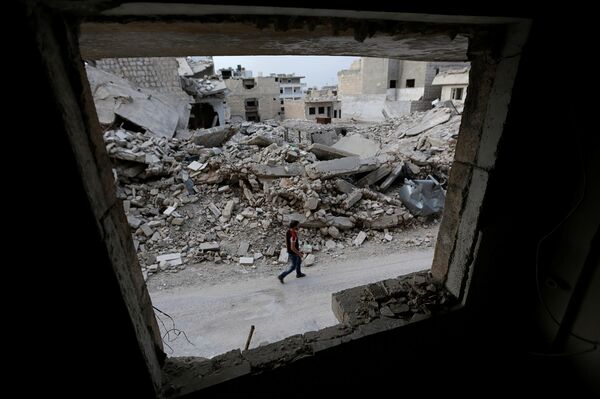
Idlib
Krutikov named the Idlib offensive as the key challenge since al-Nusra Front is primarily active in this province. This area is also heavily fortified and well-supplied.
The journalist warned that Idlib could turn into the next Aleppo in terms of a reaction from the West to a counterterrorism operation in the area. He further said that Idlib is the key province where so-called moderate groups should be decoupled from radical fighters, but added that the United States has been unable to do that.

"In twelve months, government forces slowly breached massive defenses of the militants in the mountain ranges of Latakia and Idlib. This has been primarily achieved due to the assistance of the Russian Aerospace Forces," he said. "Ahead of them lies a valley all the way to the Turkish border. It is hard to say what risks (apart from political ones) a potential offensive to the north holds."
Earlier an unnamed source in the SAA told RIA Novosti that "the most important tasks" for Damascus-led forces were in the provinces of Deir ez-Zor, Raqqa and Idlib.

